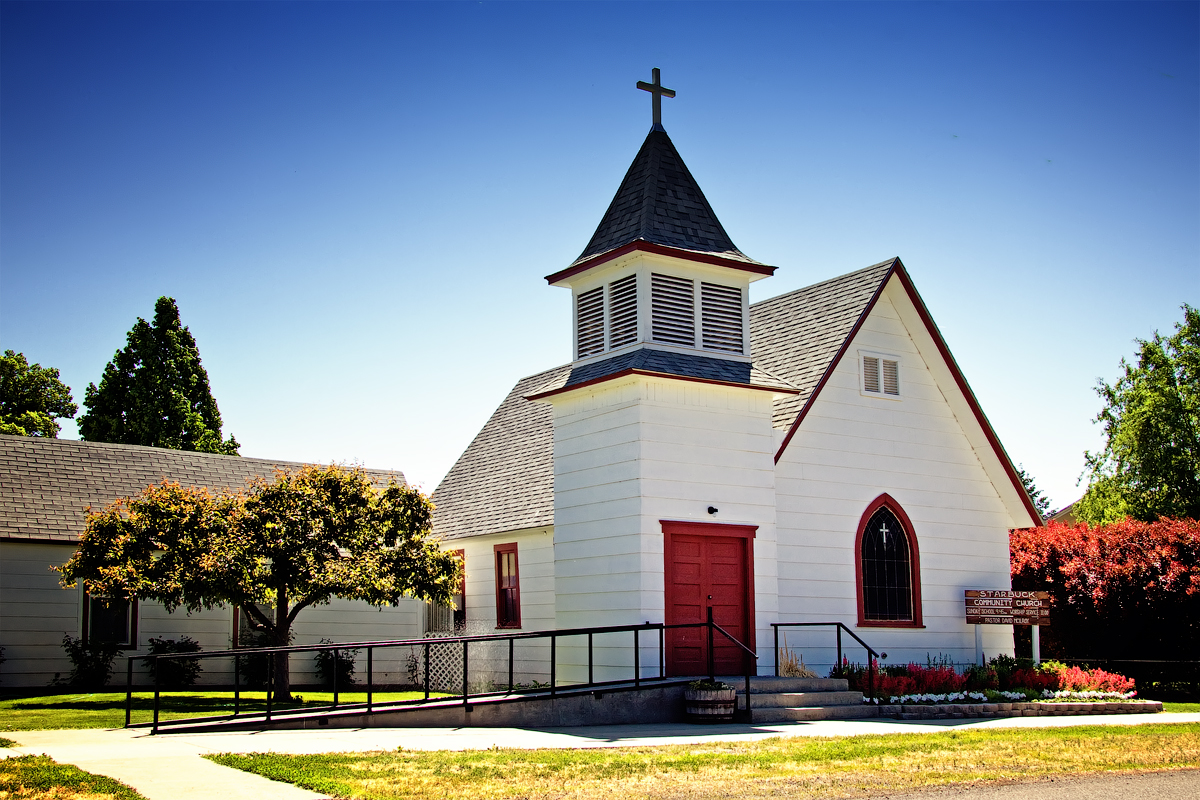Community Church Movement on:
[Wikipedia]
[Google]
[Amazon]
The Community Church movement aims to bring together and support local community churches.
 Community churches have existed in the United States since the early nineteenth century. Small communities did not always have the population or finances to sustain churches of all
Community churches have existed in the United States since the early nineteenth century. Small communities did not always have the population or finances to sustain churches of all
"Religion: Clubhouse Churchmen"
''
Nondenominational Church Guide
Protestantism in the United States Christian movements Protestant ecumenism Christian ecumenical organizations
 Community churches have existed in the United States since the early nineteenth century. Small communities did not always have the population or finances to sustain churches of all
Community churches have existed in the United States since the early nineteenth century. Small communities did not always have the population or finances to sustain churches of all Christian denomination
A Christian denomination is a distinct Religion, religious body within Christianity that comprises all Church (congregation), church congregations of the same kind, identifiable by traits such as a name, particular history, organization, leadersh ...
s, so community leaders would cross denominational lines and pool their resources to support a single church. By the early twentieth century, with the ecumenical movement
Ecumenism ( ; alternatively spelled oecumenism)also called interdenominationalism, or ecumenicalismis the concept and principle that Christians who belong to different Christian denominations should work together to develop closer relationships ...
in full swing, community churches were ready to cut formal ties with denominations and to demonstrate Christian unity-in-diversity. Community churches began to understand themselves as post-Protestant and postdenominational.
Origins of the movement
Community Church Workers
One of the first organized efforts to unite the community churches of America began in the early 1920s. Orvis Jordan of ark Ridge Community Church became the secretary of the Community Church Workers of the United States (CCW-US) and its first newsletter editor. Jordan was later named the group's first president.International Council of Community Churches
The CCW was the forerunner of the white community-church group that merged with a similar African-American group in 1950 to form the International Council of Community Churches (ICCC). Peoples' Church of Chicago, First Community Church of Columbus, Ohio, and St. Paul Community Church of Shorewood, Illinois, joined the Park Ridge church and other churches in this effort. The term "community" has also been adopted by those who, while holding strict Biblical doctrinal principles, shunecumenism
Ecumenism ( ; alternatively spelled oecumenism)also called interdenominationalism, or ecumenicalismis the concept and principle that Christians who belong to different Christian denominations should work together to develop closer relationships ...
as compromise and simply wish to indicate that they are not a part of any particular denomination or what has become known in certain circles as the "Emerging Church
The emerging church, sometimes wrongly equated with the "emergent movement" or "emergent conversation", is a Christian movement of the late 20th and early 21st century. Emerging churches can be found around the globe, predominantly in North Ameri ...
" yet wish to indicate an openness and welcome to the community at large.
Today the ICCC flourishes as a model of living ecumenism: it is a member of the World Council of Churches
The World Council of Churches (WCC) is a worldwide Christian inter-church organization founded in 1948 to work for the cause of ecumenism. Its full members today include the Assyrian Church of the East, most jurisdictions of the Eastern Orthodo ...
, the National Council of the Churches of Christ in the USA, and the Council on Church Union.
See also
*Intentional community
An intentional community is a voluntary residential community designed to foster a high degree of group cohesiveness, social cohesion and teamwork. Such communities typically promote shared values or beliefs, or pursue a common vision, wh ...
References
{{ReflistExternal links
"Religion: Clubhouse Churchmen"
''
Time
Time is the continuous progression of existence that occurs in an apparently irreversible process, irreversible succession from the past, through the present, and into the future. It is a component quantity of various measurements used to sequ ...
'', May 28, 1934
Nondenominational Church Guide
Protestantism in the United States Christian movements Protestant ecumenism Christian ecumenical organizations